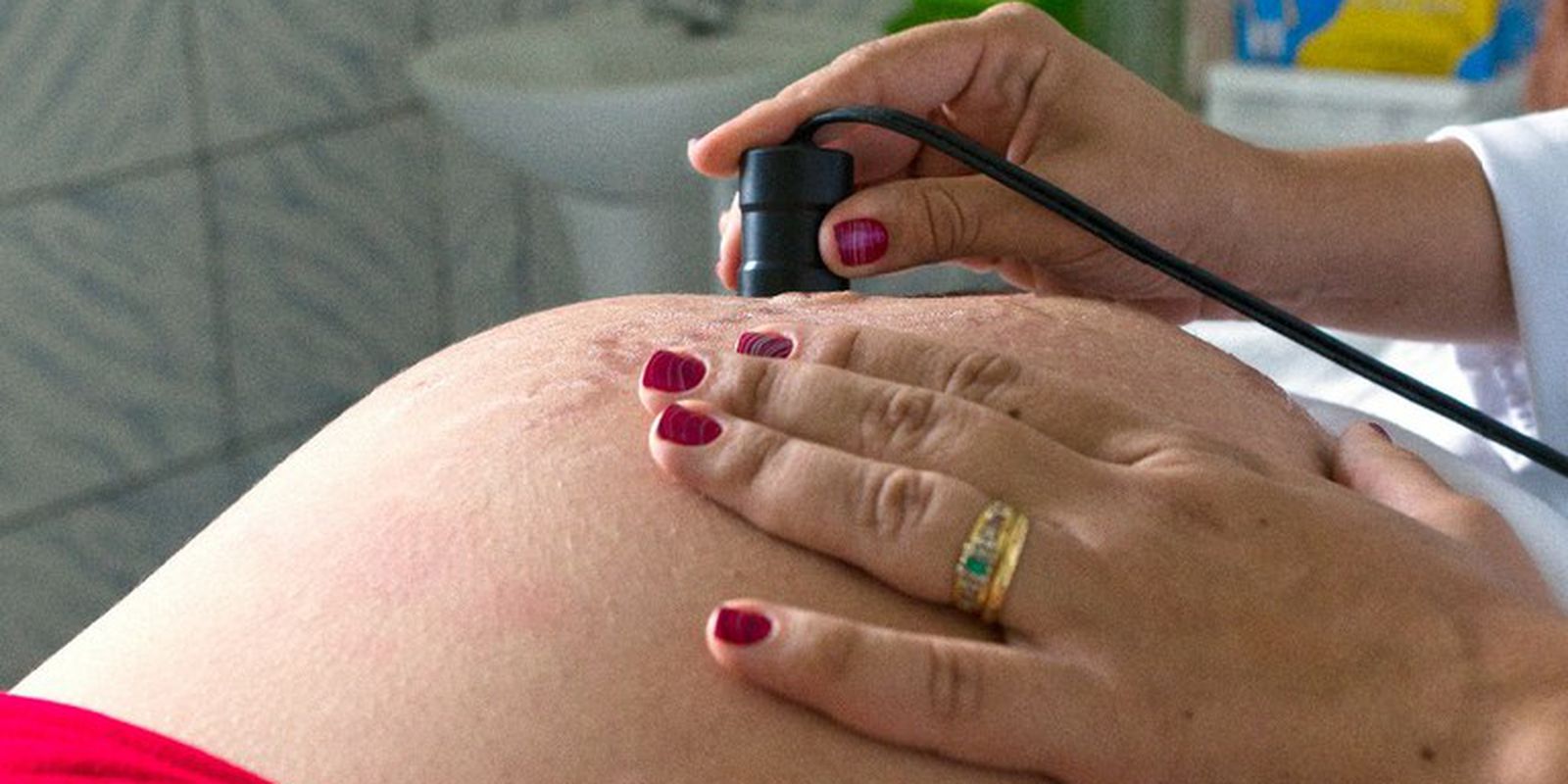Research at the University of São Paulo (USP) mapped the incidence of malaria in pregnant women in Brazil. The scope of the study makes the work unprecedented, considering that it was analyzed over a long period, from 2004 to 2018, and involves more than 60,000 women, based on data from the Malaria Epidemiological Surveillance System (Sivep-Malaria), from the Ministry of Health. Among the results found is the observation that the disease occurs more in pregnant women in municipalities in the states of Amazonas, Acre, Rondônia and Pará.
“They are the hotspots for the disease, those regions that are more critical, where the frequency of the disease happens with more evidence. The study indicates where greater interventions by the health system and public policies would be needed”, explains Cláudio Romero Farias Marinho, professor at the Laboratory of Experimental Immunoparasitology at the Institute of Biomedical Sciences (ICB-USP), who coordinated the work. The research was supported by the Fundação de Amparo à Pesquisa do Estado de São Paulo (Fapesp) and published in the Lancet Regional Health – Americas journal.
The group coordinated by Marinho has been studying gestational malaria for 10 years. “Pregnant women, as well as children up to five years of age, are the main risk groups for developing a severe disease, severe malaria. The highest mortality in the world applies to these two groups”, he pointed out. The disease is caused by protozoa of the genus plasmodium and transmitted by mosquito anopheles. Infected pregnant women are at increased risk of severe anemia, premature birth, miscarriage, and stillbirth. The fetus can also be affected, presenting with microcephaly or having stunted growth.
The work also shows that there was a reduction to approximately half of the cases in the analyzed period. “With all the problems we have, Brazil has a very serious malaria control program. The disease has to be notified and this system is fed almost daily. It is a very efficient surveillance system”, he evaluated. In addition, he highlights the fact that all treatment is free. “This is super important, because it prevents drug resistance, we make sure that the person is really treated properly.”
Treatment
Despite this, the study also revealed that the treatment of these patients may be being done inappropriately, with the prescription of a contraindicated drug, primaquine. Marinho warns, however, that, as it is a database, it is necessary to confirm this information, as there may be errors in the information recorded. “This is an important point of alert, but it is up to the authorities to look at this and verify, to have greater control, to verify the veracity of this information”, pondered the researcher.
Under the coordination of Marinho, the survey was conducted by ICB-USP postdoctoral student Jamille Dombrowski, in partnership with researchers from the Faculty of Public Health (FSP-USP). From this epidemiological analysis, the focus of the group is now the early diagnosis of a complication of the disease, placental malaria. In these cases, the parasite can be in the placenta and the pregnant woman without symptoms. Dombrowski is therefore working on a project that wants to identify biomarkers so that this analysis can be introduced into the routine of prenatal care.









